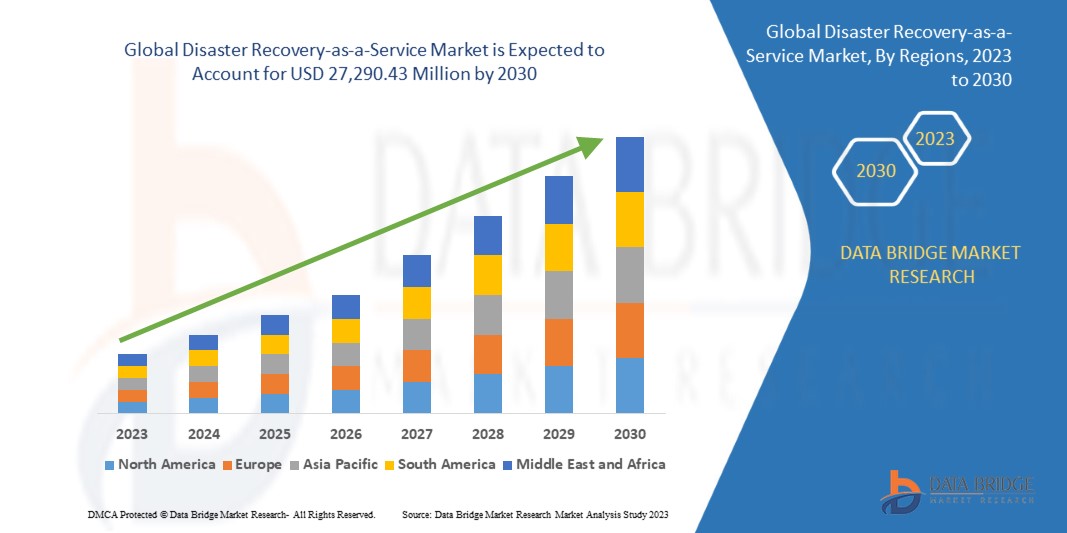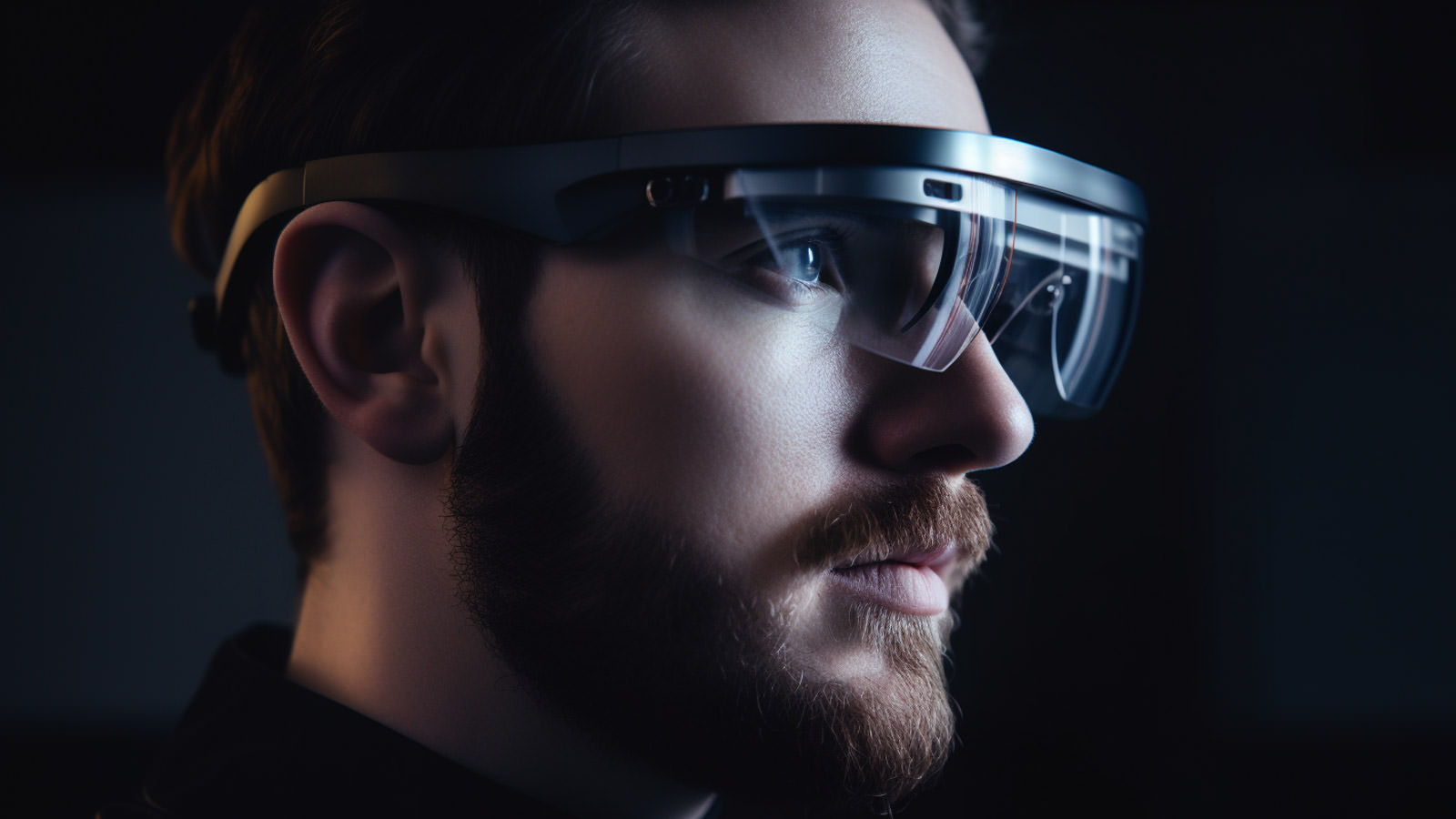From Data to Diagnosis AI Role in Interpreting Medical Data
Interpreting medical data requires a combination of technical knowledge, analytical skills, and critical thinking. It involves analyzing large amounts of data from various sources, such as electronic health records, laboratory tests, and imaging studies, to identify patterns and trends that can inform diagnoses, treatments, and patient outcomes.
Healthcare professionals must be able to extract relevant information from the data. This includes patient’s medical history and relevant factors that can help you make accurate interpretations. Effective interpretation of medical data is crucial for providing high-quality patient care and improving healthcare outcomes. This is why, health organizations are incorporating Artificial Intelligence (AI) for interpreting medical data with accuracy.
Keep reading this article to learn about the role of AI in interpreting medical data.
Top 6 ways to utilize AI in interpreting Medical Data
AI can be leveraged to interpret medical data by analyzing large amounts of patient information. This includes Electronic Health Records (EHRs), medical imaging, and genomic data, to identify patterns, trends, and correlations that may not be apparent to human clinicians. AI-powered algorithms can be trained to recognize specific disease markers, predict patient outcomes, and provide personalized treatment recommendations.
That being said, let’s delve deeper to explore the top ways to utilize AI in interpreting medical data.
1. Early Disease Detection
This first way to utilize AI in interpreting medical data is to enable early disease detection. Early disease detection is a crucial aspect of modern healthcare. Artificial Intelligence (AI) can play a vital role in helping you achieve this goal. AI can analyze vast amounts of medical data to let you identify patterns and anomalies that may indicate the presence of a disease.
AI-powered systems can also be trained to detect abnormalities in X-ray images, such as tumors or fractures, or to analyze genomic data to identify genetic mutations associated with certain diseases. By automating the analysis of medical data, AI can help you to detect diseases earlier, reducing the risk of misdiagnosis and improving patient outcomes. You can contact the Top AI Development Company for getting AI-powered tools for early disease detection.
2. Precision Medicine
The second way to utilize AI in interpreting medical data is to ensure precision medicine. You can ensure precision medicine with artificial intelligence (AI) by analyzing vast amounts of medical data. This enables you to provide personalized healthcare approaches tailored to individual patients.
AI algorithms can let you process and integrate diverse datasets, such as genomic, clinical, and environmental information. As a result, you can identify complex patterns and predict patient responses to specific treatments. By integrating AI into precision medicine, you can make informed decisions to improve patient outcomes, and reduce the risk of adverse reactions.
3. Image Analysis and Radiology
The third way to utilize AI in interpreting medical data is to conduct image analysis and radiology. The fusion of image analysis and radiology with AI is can help you revolutionize the medical industry. This enables you to accurately interpret medical data with unprecedented speed and precision.
AI-powered systems can let you analyze vast amounts of medical imaging data, such as X-rays, MRIs, and CT scans, to identify patterns and abnormalities. This functionality not only improves diagnostic accuracy but also reduces the time and cost associated with reviewing medical images. As a result, clinicians make more informed decisions and provide better patient care.
4. Electronic Health Records
The fourth way to utilize AI in interpreting medical data is to analyze electronic health records. The integration of artificial intelligence (AI) in Electronic Health Records (EHRs) can revolutionize the healthcare industry. It enables you to conduct efficient and accurate interpretation of medical data.
AI algorithms can analyze vast amounts of patient data, identifying patterns and trends that may not be apparent to human clinicians. This allows you to make more informed decision-making and improve patient outcomes. By automating tasks such as data entry, diagnosis, and treatment planning, AI-powered EHRs can also reduce administrative burdens and enhance the overall quality of care.
5. Predictive Analytics for Patient Outcomes
The fifth way to utilize AI in interpreting medical data is to conduct predictive analytics for patient outcomes. Predictive analytics for patient outcomes uses artificial intelligence (AI) to analyze vast amounts of medical data for making healthcare decisions. With machine learning algorithms, you can predict patient outcomes with greater accuracy.
This enables you to provide personalized treatment plans, make proactive interventions, and improve patient care. This AI-powered approach also helps reduce healthcare costs by identifying high-risk patients, reducing readmissions, and streamlining treatment protocols. By integrating predictive analytics into your workflow, you can transform patient care and optimize outcomes.
6. Drug Discovery and Development
The sixth and last way to utilize AI in interpreting medical data is for drug discovery and development. The integration of artificial intelligence (AI) in drug discovery and development enables the interpretation of vast amounts of medical data. This lets you accelerate the process of identifying new treatments and improving patient outcomes. AI algorithms can help you analyze genomic data, clinical trial results, and patient outcomes.
This way you can identify patterns and correlations that may not be immediately apparent to human researchers. This allows for the rapid identification of potential drug targets, prediction of clinical trial outcomes, and optimization of treatment regimens. With AI, you can streamline the drug discovery process and bring new treatments to market more efficiently. You can consult the Top AI Development Company to create AI-powered solutions for better drug discovery and development.
Interpret Medical Data Precisely with AI
With AI-powered medical data interpretation, you can revolutionize the healthcare industry. It can let you provide precise and accurate analysis of complex medical data. By leveraging machine learning algorithms, AI can analyze large volumes of medical data, including medical images, genomic data, and electronic health records (EHRs). This enables you to identify patterns, correlations, and anomalies that may have been overlooked by human clinicians. With AI, you can make data-driven decisions to reduce errors and improve patient outcomes.




